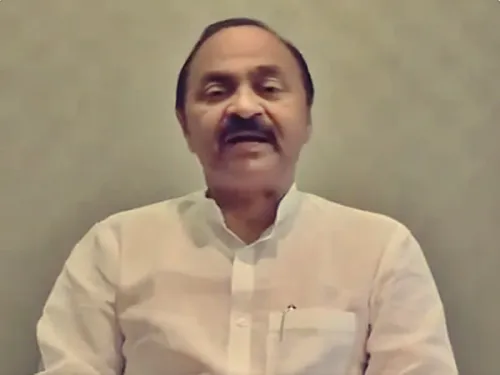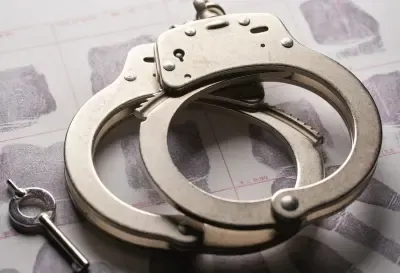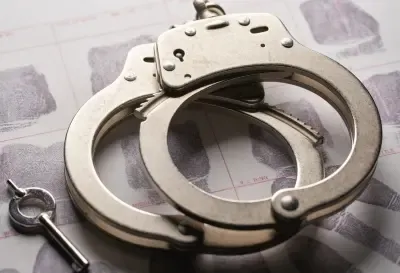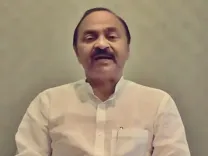Could Two Men Spend 151 Days in Jail Over Sugar Candy Mistaken for MDMA?
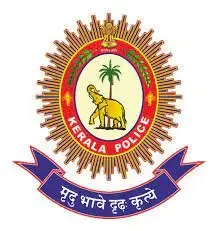
Synopsis
Key Takeaways
- Two men wrongfully imprisoned for 151 days.
- Misidentification of sugar candy as MDMA.
- Delay in chemical testing raised concerns.
- Public outrage led to a police inquiry.
- Call for accountability from civil rights groups.
Kasargod, June 5 (NationPress) In a shocking case of misidentification and extended incarceration in Kerala, two lorry drivers -- Biju and Manikantan -- were imprisoned for 151 days after a packet of sugar candy was incorrectly identified as MDMA.
In light of media coverage and rising public outrage, the Kerala State Police Chief (SPC) has initiated a thorough investigation into the matter.
The troubling chain of events began last year when the two drivers paused for tea during a routine journey from Kozhikode to Kochi.
“We had just parked and were about to enjoy our morning tea when several plainclothes officers approached us. They claimed to be from the Kerala Police,” Biju recalled.
The District Anti-Narcotics Special Action Force (DANSAF), a specialized unit focused on drug enforcement, conducted a search and reportedly discovered a packet of sugar candy in Manikantan’s pocket. Despite his protests, the officers insisted it was MDMA, a synthetic narcotic.
“When they asserted it was MDMA, Manikantan fainted immediately. A crowd gathered, with some recording the incident,” Biju shared.
Both were arrested and spent over five months behind bars, only to be freed after a chemical analysis determined the substance was indeed just sugar candy.
The delay in obtaining the lab results -- which typically should take no longer than 15 days -- has raised significant concerns. Following their release, the drivers faced social stigma and struggled to secure jobs, as many continued to perceive them as drug offenders.
In response to a formal grievance addressed to Chief Minister Pinarayi Vijayan, the State Police Chief has instructed the Kozhikode City Police Commissioner to launch a comprehensive inquiry, assigning the investigation to an officer at least of the rank of Deputy Superintendent of Police.
The SPC has also demanded explanations regarding the delays in the chemical testing that led to their unnecessary and protracted detention.
With the case now under extensive media scrutiny, both Biju and Manikantan are starting to experience a sense of relief.
“People are beginning to understand that we were innocent. However, nothing can reverse the 151 days we have lost,” Biju lamented.
The incident has sparked outrage among human rights advocates and civil society organizations, who are now calling for accountability and compensation for the wrongful imprisonment.

